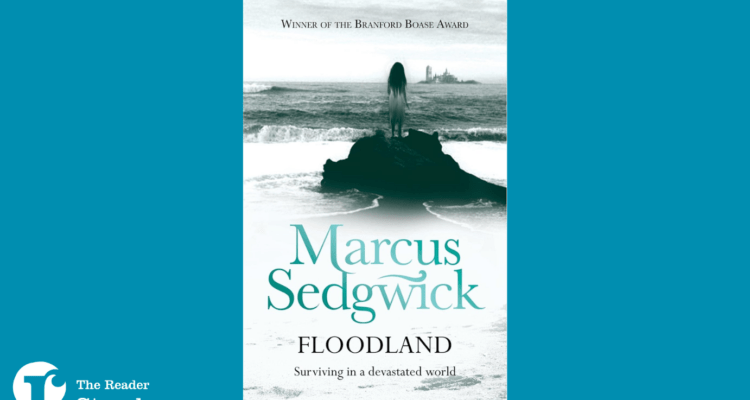Recommended Reads: A History of Psychiatry
Jane Davis, director of The Reader Organisation, is kept awake by a book she thought would do the opposite.
A History of Psychiatry: From the Era of the Asylum to the Age of Prozac
by Edward Shorter
I bought this at the bookshop in the Wellcome Collection, the wonderful new museum of things medical opposite London's Euston Station, handy for out-of-towners, free, and with a great café too. The bookshop is full of interesting stuff with a medical slant. Among half a dozen other things I was tempted into buying there on my first visit, was this hefty volume, which I'd thought would fill a gap in my sketchy understanding of
everything-psychiatric-apart-from-Freud. Which isn't to say I have a complete grasp of things Freudian so much as that I do know he existed and I had thought he was the Main Man.
At first--like much history to my mind--it was a slog of a read and I shamelessly used it as Thurber recommended we use lettuce, as a soporific for wakefulness.
'Did you get to sleep?' my husband would solicitously ask during some of
this year's difficult times.
'No problem! I just read The History of Psych...' Like an anaesthetic, it would knock me out before the end of the sentence.
Then about half way through I began to get interested and instead of sending me to sleep it started keeping me awake. This was around the emergence of Freud... Freud is as much part of the literary and general establishment as he is of the psychiatric... perhaps more so. They don't rate him! He's nuttin' over there in Psychiatry. Compared to the great leap forward which is post 1945 drug-based therapy, he's meaningless. Ok, over here in world of literature we all know he was a bit off, mildly wonky, unaware of his own problems, a man of his time and class etc etc but then in that he
is like Shakespeare or D.H. Lawrence - and it doesn't matter a jot . He's still a great man, who has thought original and great thoughts and changed what we are, what we can think, and what we can be.
The book ends poised over the Prozac revolution, and facing our own abyss. OK, so chemicals can change our brain chemistry. But is there still a suffering metaphysical heart which will out with its pain in the end? The answer seems to be yes, which is why (quite aside from the drugs bill) 'talking therapies' are suddenly back in psychiatric fashion. But ask a mental health service user (as I recently did) what is the one thing that could improve the mental health service, and they will answer 'psychiatrists have to learn to listen, not just prescribe'.
There was a strong sense of a profession lurching from one extreme to another, which is perhaps a sign of insecurity and ignorance or desperation. We don't know nothing yet. The need to understand, to be definitive, is a terrible thing. Fascinating, informative, illuminating, contentious.
Powered by Qumana
Share
Related Articles

April’s Monthly Stories and Poems
The clocks have not long changed to herald the longer hours of daylight, making us consider the passage of time…

The Storybarn Selects… From The Reader Bookshelf
Our last deep dive into the 2023/24 Children and Young People's Reader Bookshelf is a review of Floodland by Marcus Sedgwick…

March’s Stories and Poems
March’s stories, extracts and poems have been chosen on the theme ‘Moving on’, which perhaps feels especially relevant as we…


